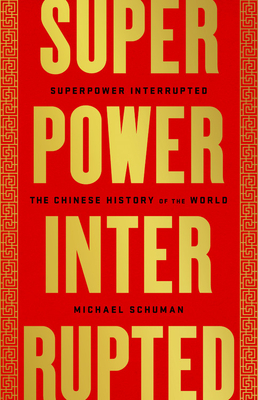Back in the dark ages (two years ago), I’d go to a play about once a month or so. I was lucky in that I lived downtown in a large city where I had more than a dozen of professional theaters to choose from. I’d probably see around ten plays a year.
The pandemic put the kibosh on that. Not only that, but I moved. I now live about an hour away from a large city. I knew that this was going to pretty severely limit my theatrical possibilities.
Now that, at least where I live, most people have been vaccinated and are pretty good about wearing masks, things are opening up a bit more. This weekend I saw two theatrical productions. One was a high school production of Clue and the other was a university production of The Triangle Factory Fire Project.
Like I said, my theatrical possibilities are now limited.
The high school production was surprisingly good. The theatrical production in based upon the film, which in turn was based upon the board game. Therefore, sophisticated nuance was not expected.
It’s a murder mystery farce. The suspects (yes, they have names like Colonel Mustard, Miss Scarlet, Professor Plum, etc) have gathered at a mansion. During the course of the evening, the host (Mr Boddy) is mysteriously murdered. The suspects must solve the crime of who killed the host before the police arrive. As the night progresses, bodies begin to pile up and the characters begin to become more frantic and manic. It’s madcap silliness.
Hamlet is not being done here, but the actors did well with their parts. The stage crew deftly managed the ever changing stage. Everyone, both in the crowd and the troupe, were masked. The actors were wearing a clear mask, so you could see who was talking and all facial expressions. It was an enjoyable night out.
We went to a matinee the next day at the university. As you could probably guess, the play is about the Triangle Shirtwaist Factory fire. This was an infamous fire in New York City in 1911. A garment factory located in the upper floors of a building caught on fire. Doors to stairwells and fire escapes were locked / blocked to prevent unauthorized breaks and theft. Workers (mostly young women) could not escape the blaze. With nowhere else to go, many people jumped to their deaths. Nearly 150 people, mostly women, perished. This resulted in workplace safety reforms and strengthened the International Ladies’ Garment Workers’ Union (ILGWU).
So, this wasn’t going to be a madcap farce.
There were several problems with the first half of the play. We left at the intermission. I don’t recall, having now seen hundreds of plays, ever leaving a play at the intermission before.
The first act dealt with the fire. The second act, if we’d stuck around, would have been about the trial of the factory’s owners.
The first act could have been a harrowing tale of survival. Instead, the format of the play was news headlines and reading letters from survivors (ie epistolary). So, instead of watching some gripping tale, we had actors striding across the page shouting semi-random headlines (“Bread now 6 cents!” “Fire department needs an upgrade”). When the letters of survivals were read, apparently to increase dramatic effect, the letters were interleaved with each other. That might have been OK, but actors were reading multiple letters with little change of their delivery, so I quickly lost the thread of whose story was being told.
Not only that, but as with the high school, all were masked, including the cast. The cast here chose to wear standard medical masks. This obscured their faces. Even though lighting tried to help, often I was having trouble figuring out who was actually talking. Since the mask covered up their faces below their eyes, I couldn’t pick out any emotions that the actors were trying to present. I felt no connection with the actors’ performances. I might as well have been listening to a radio show with poor quality sound. The fact that the play’s composition was essentially entirely expository did not help matters. Show Not Tell would have been a really helpful idea to keep in mind.
It made for a production that seemed interminable. Doing some research after the play, it turns out that the trial part of the play would been court proceedings. Assuming that they followed the same pattern, I definitely made the right decision in abandoning at the intermission.
This brings up interesting issues for theatrical presentations in this pandemic twilight in which we’re apparently going to be endlessly living. Allowances must be made if mask wearing is a requirement. Not all plays lend themselves to this environment. Every possible tool must be provided to actors that allow them to be successful.
It would have been tough to do in the high school since vaccinations are just getting underway for children, but at least at the university, where I believe that vaccinations are required to attend classes, requiring the audience to show proof of vaccination status does not seem unreasonable. If so, that could mitigate the mask requirement. That was successfully done at the local theater in the borough. The audience wore masks and the performers did not.
I don’t know the answer, but what the university attempted to do was not it. I’ve written in some earlier posts about watching some theatrical productions that were done over Zoom. As weird as that was, I’d take that over what I just watched.







